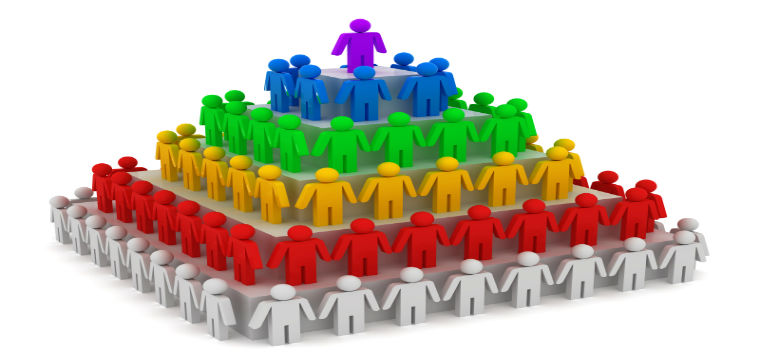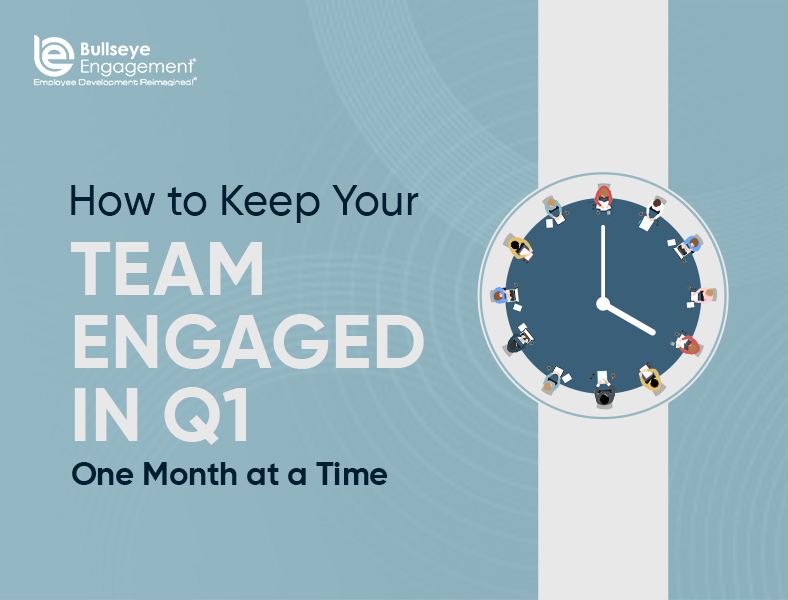
Leading and managing a company involves action at various levels. Apart from leadership decision-making action, there are other crucial processes that are a must for an organization to progress. Among other cornerstone processes, human resource and talent management are most important.
The Importance of Identifying, Recruiting and Training the Right Individuals
Human resource departments do not simply recruit and groom just anyone. Their job is to carefully select the right individuals in order to ensure that the selected individuals suit the job they are hired for, and are able to perform better than a range of competing individuals.
In order to make sure the human resource department recruits the right individuals, they must be aware of the skills and talent required for the roles they are recruiting for. They need to recruit new talent and then manage that talent effectively through employee performance and assessment systems.
There are many elements that are considered when implementing HR and talent management, and these are each taken care of through carefully thought-out plans and procedures. These plans involve the implementation of management software such employee performance management software.
Employee Management Systems are Amid the Essentials of HR and Talent Management for Millennials
Employee management software has been known to be of tremendous use in aiding employee engagement. This is because it is a means of compiling employee data that can be analyzed to enable better management.
Analyzed data is presented in user-friendly formats that’s easy for anyone to understand, and enables the management to then approach individual employees with the aim of delivering advice or negotiating with them for better employee engagement.
In view of the differences between the perspectives that employers and millennials have regarding the latter’s loyalty, output, etc., implementing streamlined HR and talent management processes is vital. It’s noteworthy to mention that 82% of Millennials perceive that they are loyal employees. In contrast to this, employers feel quite different with just 1% of them believing that millennial employees are loyal. Compiled data and the analysis of that data is used with the idea of catering to millennials and bridging the apparent gap in perception.
Data from Employee Performance Management Systems Aid Effective Employee Engagement Solutions
With all the data compiled and the patterns that are observed, the management is placed at an advantage, which allows them to hunt for new talent and produce more accurate results. There are certain characteristics that are observed with millennials that are used for more accurate talent hunting. These details can be used for more accurate talent hunting, and can help the management build a more effective employee engagement strategy.
In order to build employee engagement, there is a lot of ground work that must be done. However, with human resource employee management software such as employee performance assessment systems, organizations find it convenient to gather data that’s relevant and purposeful.
When this data is on hand, organizations find it highly convenient to pinpoint and target specific issues to work with individual employees, with the ultimate aim of enhancing employee engagement and achieving organizational goals. This may entail extensive discussion, convincing and training in order to ensure that an individual employee is willing to make necessary adjustments to his or her role, but is mandatory for maximizing organizational output.

















